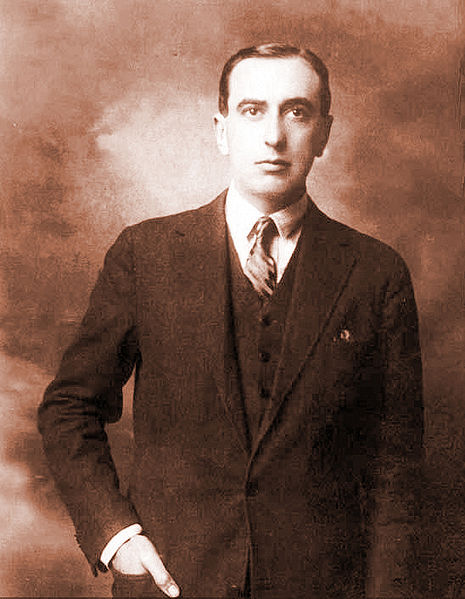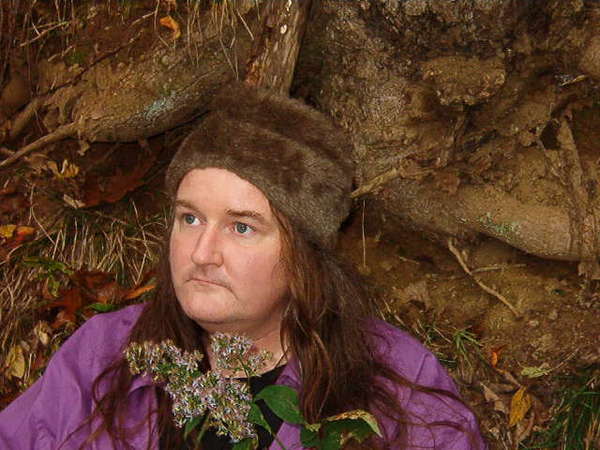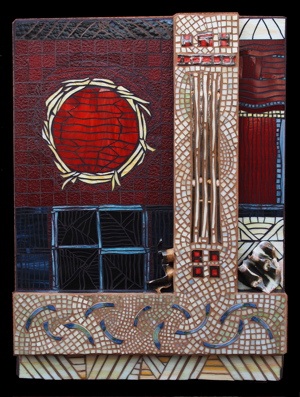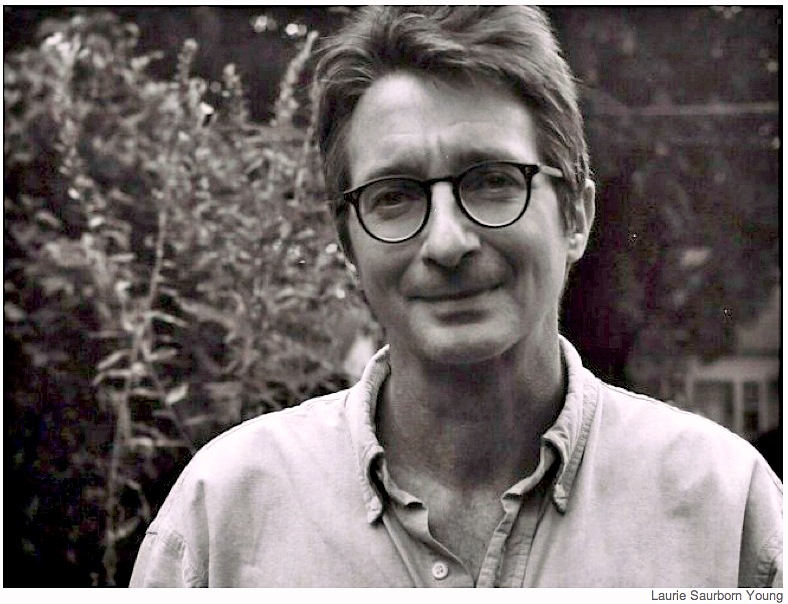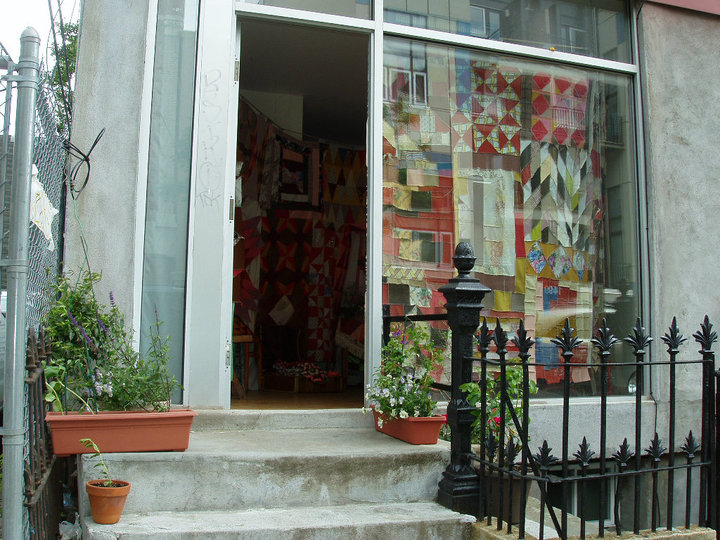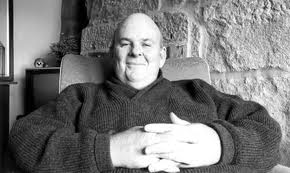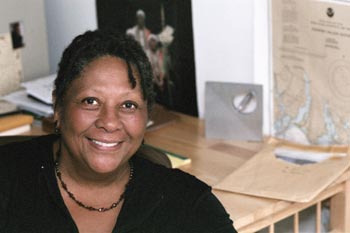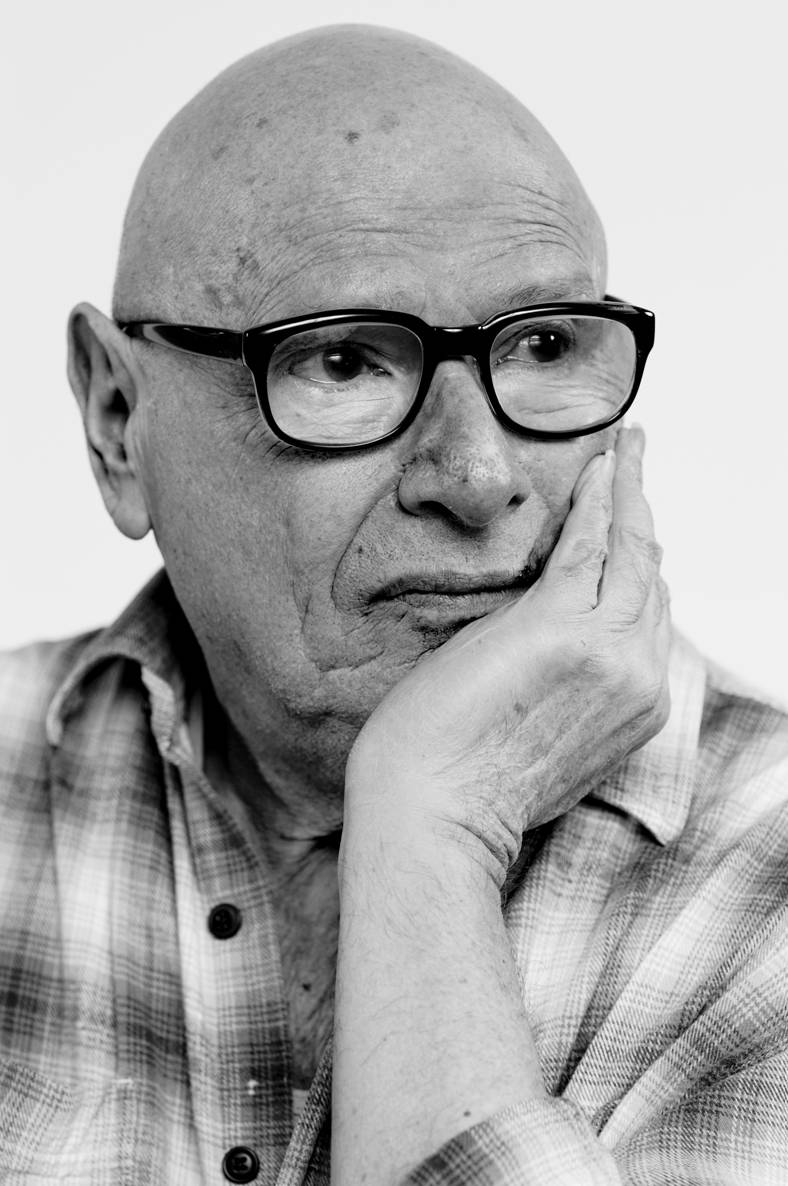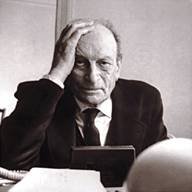POETRY MONTH 30/30/30: Inspiration, Community, Tradition: DAY 22 :: Tony Hoffman on Vicente Huidobro
 I don’t recall where I first encountered the works of Chilean poet Vicente Huidobro (1893-1948)—most likely in the introduction to a collection by one of his contemporaries who came to overshadow him (Neruda or Borges). In America, at least among English-speaking poets, his work is largely forgotten; I don’t remember his name ever coming up in a conversation I didn’t initiate. But he is still well loved by people with an interest in Spanish-language poetry.
A century ago, he initiated a literary movement known as Creationism (no relation to the term’s current religious context), which holds that a poem is something new, created by the author for its own sake, not to act as commentary or to please either author or audience. He wrote of the created poem, “Nothing in the external world resembles it; it makes real what does not exist, that is to say, it turns itself into reality. It creates the wonderful and gives it a life of its own. It creates extraordinary situations that can never exist in the objective world, that they will have to exist in the poem so that they exist somewhere.”
I don’t recall where I first encountered the works of Chilean poet Vicente Huidobro (1893-1948)—most likely in the introduction to a collection by one of his contemporaries who came to overshadow him (Neruda or Borges). In America, at least among English-speaking poets, his work is largely forgotten; I don’t remember his name ever coming up in a conversation I didn’t initiate. But he is still well loved by people with an interest in Spanish-language poetry.
A century ago, he initiated a literary movement known as Creationism (no relation to the term’s current religious context), which holds that a poem is something new, created by the author for its own sake, not to act as commentary or to please either author or audience. He wrote of the created poem, “Nothing in the external world resembles it; it makes real what does not exist, that is to say, it turns itself into reality. It creates the wonderful and gives it a life of its own. It creates extraordinary situations that can never exist in the objective world, that they will have to exist in the poem so that they exist somewhere.”
POETRY MONTH 30/30/30: Inspiration, Community, Tradition: DAY 20:: Annaliese Downey on CA Conrad
 CA Conrad gave a reading at Pratt Institute in Brooklyn, where I study poetry, about a week ago, and afterwards the general consensus among the students in attendance was that Conrad was “insane.” We meant this affectionately and admiringly. If the motto of the Situationists, with whom Conrad has much in common, was “Be realistic—demand the impossible!”, then a suggested motto for those wishing to proceed in the spirit of Conrad might be, “Be reasonable—do what is insane!”
Conrad’s most recent book of poems, A Beautiful Marsupial Afternoon, [from Wave Books] is a guide to practical insanity. Collected within are twenty-seven “(soma)tic exercises,” instructions for the radical disruption of routine living at the individual level, and the poems resulting from those created conditions. For example: “(Soma)tic 7: Feast of the Seven Colors,” which instructs the reader to consume and surround themselves with a single particular color each day for seven days. Or “(Soma)tic 17: OIL THIS WAR!,” an exercise in making visible the linkages between waste and war. Many of the exercises are even wilder, weirder, and more uncomfortable than these, and Conrad has performed them all.
CA Conrad gave a reading at Pratt Institute in Brooklyn, where I study poetry, about a week ago, and afterwards the general consensus among the students in attendance was that Conrad was “insane.” We meant this affectionately and admiringly. If the motto of the Situationists, with whom Conrad has much in common, was “Be realistic—demand the impossible!”, then a suggested motto for those wishing to proceed in the spirit of Conrad might be, “Be reasonable—do what is insane!”
Conrad’s most recent book of poems, A Beautiful Marsupial Afternoon, [from Wave Books] is a guide to practical insanity. Collected within are twenty-seven “(soma)tic exercises,” instructions for the radical disruption of routine living at the individual level, and the poems resulting from those created conditions. For example: “(Soma)tic 7: Feast of the Seven Colors,” which instructs the reader to consume and surround themselves with a single particular color each day for seven days. Or “(Soma)tic 17: OIL THIS WAR!,” an exercise in making visible the linkages between waste and war. Many of the exercises are even wilder, weirder, and more uncomfortable than these, and Conrad has performed them all.
POETRY MONTH 30/30/30: Inspiration, Community, Tradition: DAY 19 :: Jack Cooper on Hala Alyan
The Faces of Influence - John Jack Jackie (Edward) Cooper Faces or facets? Am I being facetious in considering fact a species of essence, even essences, precipitate—from the lot conjoined—a chemical residue, like water, plain oxygen: and if residue what of, why not, feces? Fax—is this, are they—iteration of facsimile? Effect, then, whether spelled—particularized—with e or a, Classical byproduct: aeffect,a lode of Pindarian award for aesthetic gain or distinction. I first saw—first beheld—Hala Alyan in the dark. She half sat, upright in the darkness familiar from unknown places. No pitch, the tentative sensual isolation adheres to bodies, but another vividly sensuous through which perception nears to the material: where Eros does prevail—palatial imagining, short-lived, with Psyche. Thanks, if such issue exist, conceded apology, acknowledgment, ripening gratitude flow from the misunderstanding, sundered conjunction, memory, recall, facsimile, fable (weakness of memory at maximum componential strength), influence.
POETRY MONTH 30/30/30: Inspiration, Community, Tradition: DAY 18:: Ben Wiessner on Dean Young
 Before Fall Higher’s table of contents Dean Young booms out a call to action:
hark, dumbass,
the error is not to fall
but to fall from no height
As soon as I came across those lines I snapped a grainy picture on my prehistoric flip-phone and sent them to the person who knows most clearly my errors, how much of that dumbass I can be.
This book belonged in my apartment. It was meant to be poured over on a couch, read with dinner. His words and I line-danced toward and from each other, catching promising glimpses between partner switches:
When you finally admit you’re broken,
Can I come back up now? asks the chair
with its leg snapped in the basement
and Don’t even get me started, says the sky.
- (“Irrevocable Ode”)
Before Fall Higher’s table of contents Dean Young booms out a call to action:
hark, dumbass,
the error is not to fall
but to fall from no height
As soon as I came across those lines I snapped a grainy picture on my prehistoric flip-phone and sent them to the person who knows most clearly my errors, how much of that dumbass I can be.
This book belonged in my apartment. It was meant to be poured over on a couch, read with dinner. His words and I line-danced toward and from each other, catching promising glimpses between partner switches:
When you finally admit you’re broken,
Can I come back up now? asks the chair
with its leg snapped in the basement
and Don’t even get me started, says the sky.
- (“Irrevocable Ode”)
AWESOME CREATOR*S*!: THE HELIOPOLIS PROJECT
[caption id="attachment_791" align="alignleft" width="300" caption="HELIOPOLIS presents The Industrious Revolution, May 2010"] [/caption]
The Heliopolis Project is a storefront gallery and project space in Greenpoint, Brooklyn NY dedicated to fostering a dialogue across all disciplines of making.
Founded in 2010 by Eliza Swann and Jason Grabowski, Heliopolis has recently expanded. Collaboratively run, its members now include Bill Abdale, Georgia Elrod, Baris Gokturk, Leo Goldsmith, Rachel Rakes, Sarada Rauch and Andy Wolf.
The first show curated by the new members was Soft Opening, March 9th-April 11th, 2012.
The space was established to support artists with experiments in literature and art and to foster interdisplinary and translocal dialogues by hosting poets and artists in residence from around the US. As the economy and art market plummeted in the past few years a tightly knit arts community emerged that granted themselves authority over their own work and gave each other mutual permission and support to pursue an alternative way of thinking about the purpose and formal nature of art.
[/caption]
The Heliopolis Project is a storefront gallery and project space in Greenpoint, Brooklyn NY dedicated to fostering a dialogue across all disciplines of making.
Founded in 2010 by Eliza Swann and Jason Grabowski, Heliopolis has recently expanded. Collaboratively run, its members now include Bill Abdale, Georgia Elrod, Baris Gokturk, Leo Goldsmith, Rachel Rakes, Sarada Rauch and Andy Wolf.
The first show curated by the new members was Soft Opening, March 9th-April 11th, 2012.
The space was established to support artists with experiments in literature and art and to foster interdisplinary and translocal dialogues by hosting poets and artists in residence from around the US. As the economy and art market plummeted in the past few years a tightly knit arts community emerged that granted themselves authority over their own work and gave each other mutual permission and support to pursue an alternative way of thinking about the purpose and formal nature of art.
POETRY MONTH 30/30/30: Inspiration, Community, Tradition: DAY 17:: Jim Lounsbury on Les Murray
 POETRY : A DREAM SEA OF WORDS by Jim Lounsbury
About ten years ago, I stumbled into a heated debate with a filmmaker friend about whether words or imagery was a more effective way to convey emotion. I argued the case for words, and he took the side of imagery. As the disagreement escalated to a passionate squabble and then to a stamp your feet and beat on your chest free-for-all, I began to wonder what gave me such a strong opinion on the issue. We were both filmmakers. We were both avid photographers. We were both working in the visual arts. What then, was my problem with accepting the visual medium as the superior art form? At the end of the night, we agreed to disagree, and I left, still confused about why I was so confident in the power of words.
Of course, my affinity for words could be biological. My internal chemistry set might not react to imagery as powerfully as it does to a well placed noun, but I wasn't going to let myself off the hook that easily. Over the course of many months, my thoughts often returned to this argument until a plausible explanation finally struck me a few weeks later. Imagery was powerful at evoking emotion, but words have the ability to surgically cut to the bone and identify a precise emotion.
POETRY : A DREAM SEA OF WORDS by Jim Lounsbury
About ten years ago, I stumbled into a heated debate with a filmmaker friend about whether words or imagery was a more effective way to convey emotion. I argued the case for words, and he took the side of imagery. As the disagreement escalated to a passionate squabble and then to a stamp your feet and beat on your chest free-for-all, I began to wonder what gave me such a strong opinion on the issue. We were both filmmakers. We were both avid photographers. We were both working in the visual arts. What then, was my problem with accepting the visual medium as the superior art form? At the end of the night, we agreed to disagree, and I left, still confused about why I was so confident in the power of words.
Of course, my affinity for words could be biological. My internal chemistry set might not react to imagery as powerfully as it does to a well placed noun, but I wasn't going to let myself off the hook that easily. Over the course of many months, my thoughts often returned to this argument until a plausible explanation finally struck me a few weeks later. Imagery was powerful at evoking emotion, but words have the ability to surgically cut to the bone and identify a precise emotion.
AWESOME CREATOR: WORDSANDMUSICMAN :: David King, New York, NY
[caption id="attachment_682" align="alignleft" width="300" caption="Photo: Thomas Ahern & Misha Jenkins"] [/caption]
[/caption]
Who am I: David King
What am I: Educator. Writer. Songwriter. Performer. Artist. Where am I: New York, NY, USA Kid tested, Exit Strata Approved Event: 4/20 at 10pm David King without the Confirmed Bachelors (solo acoustic set) Pete's Candy Store, Brooklyn, NY(Follow DK & the CB here for upcoming shows, digital media, and other updates)
_______POETRY MONTH 30/30/30: Inspiration, Community, Tradition: DAY 16:: Karen Clark on Marilyn Nelson
 I want to talk about the work of Marilyn Nelson, whose poems fill me with the same mixture of awe, reverence and exultation that I experienced last month standing in the Philadelphia Museum of Art in front of the Van Gogh exhibition. It is the sense of privilege at having witnessed this miracle: that it is possible to take suffering, pain, and man’s brutal inhumanity to man and transform them, through the alchemy of art and genius, into works of sheer glory that become a lifelong blessing to the beholder, comforting us with the knowledge that the pain and the suffering were not wasted, not meaningless, for this beautiful work of art came out of it all, to spread its balm upon the human spirit and remind us that the artist’s sacred mission is to heal the world. Only recently I was overjoyed to see that Nelson (who has been honored many times for her work) was the 2011 recipient of the Poetry Society of America’s highest honor, the Frost Medal.
I want to talk about the work of Marilyn Nelson, whose poems fill me with the same mixture of awe, reverence and exultation that I experienced last month standing in the Philadelphia Museum of Art in front of the Van Gogh exhibition. It is the sense of privilege at having witnessed this miracle: that it is possible to take suffering, pain, and man’s brutal inhumanity to man and transform them, through the alchemy of art and genius, into works of sheer glory that become a lifelong blessing to the beholder, comforting us with the knowledge that the pain and the suffering were not wasted, not meaningless, for this beautiful work of art came out of it all, to spread its balm upon the human spirit and remind us that the artist’s sacred mission is to heal the world. Only recently I was overjoyed to see that Nelson (who has been honored many times for her work) was the 2011 recipient of the Poetry Society of America’s highest honor, the Frost Medal.
POETRY MONTH 30/30/30: Inspiration, Community, Tradition: DAY 14 :: Daniel Owen on Bill Kushner
 I first encountered Bill Kushner’s work at a reading at the Poetry Project a few years ago. That night, he read from In Sunsetland With You, a book of poems that emanate from young Billy’s relationship with old Abe Lincoln, poems that, with a language of grace and humor, narrate the misadventures of a lonely, horny, eternally innocent, old, sad, and joyous spirit through the wars, highway-watching nights, and skinny-dippings of Sunsetland. What struck me most about these poems, and what continues to strike me through all of Bill's work, is the delicate balance between wrenching and buoying the heart. Bill’s poems are like walking through the world with one’s eyes open, with the workaday bullshit stripped away; he reads the raw Whitman writ on every street corner or fragment of memory, real or imagined.
Over the course of eight books, Bill has rambled through the streets of Sunsetland and New York, across sonnets and daily diary poems, lustily crusing through time present and past, Billie Holiday records, beefcake babies, always in a mood of love, love, love. Yes, love appears on almost every page and it sure feels real, flapping in the face and the mind and the blood of a humble human life.
I first encountered Bill Kushner’s work at a reading at the Poetry Project a few years ago. That night, he read from In Sunsetland With You, a book of poems that emanate from young Billy’s relationship with old Abe Lincoln, poems that, with a language of grace and humor, narrate the misadventures of a lonely, horny, eternally innocent, old, sad, and joyous spirit through the wars, highway-watching nights, and skinny-dippings of Sunsetland. What struck me most about these poems, and what continues to strike me through all of Bill's work, is the delicate balance between wrenching and buoying the heart. Bill’s poems are like walking through the world with one’s eyes open, with the workaday bullshit stripped away; he reads the raw Whitman writ on every street corner or fragment of memory, real or imagined.
Over the course of eight books, Bill has rambled through the streets of Sunsetland and New York, across sonnets and daily diary poems, lustily crusing through time present and past, Billie Holiday records, beefcake babies, always in a mood of love, love, love. Yes, love appears on almost every page and it sure feels real, flapping in the face and the mind and the blood of a humble human life.
POETRY MONTH 30/30/30: Inspiration, Community, Tradition: DAY 13:: Lancelot Runge on Philippe Soupault
 An interest in surrealist game play and collaboration brought me to Philippe Soupault years ago. My current manuscript deals with the doubling or mirroring of the self, as well as reconciling mythology and contemporary pissnshit vernacular (as a shamelessly romantic)- all of which I find in Soupault. Translations lead me to where I can mishear dialogue and rewrite my favorite songs, call them my own.
Philippe Soupault est un poète français, né à Chaville le 2 août 1897, décédé à Paris le 12 mars 1990. Avec ses amis André Breton et Louis Aragon il participe à l'aventure Dada, qu'il considère comme une « table rase nécessaire », pour ensuite se tourner vers le surréalisme, dont il est un des principaux fondateurs avec André Breton. Avec ce dernier, ils ont en effet écrit le recueil de poésie Les Champs magnétiques en 1919, selon le principe novateur de l'écriture automatique. Ce recueil de poésie peut être considéré comme une des premières oeuvres surréalistes, alors que le mouvement ne se lancera vraiment qu'en 1924 avec le premier Manifeste du surréalisme d'André Breton.
An interest in surrealist game play and collaboration brought me to Philippe Soupault years ago. My current manuscript deals with the doubling or mirroring of the self, as well as reconciling mythology and contemporary pissnshit vernacular (as a shamelessly romantic)- all of which I find in Soupault. Translations lead me to where I can mishear dialogue and rewrite my favorite songs, call them my own.
Philippe Soupault est un poète français, né à Chaville le 2 août 1897, décédé à Paris le 12 mars 1990. Avec ses amis André Breton et Louis Aragon il participe à l'aventure Dada, qu'il considère comme une « table rase nécessaire », pour ensuite se tourner vers le surréalisme, dont il est un des principaux fondateurs avec André Breton. Avec ce dernier, ils ont en effet écrit le recueil de poésie Les Champs magnétiques en 1919, selon le principe novateur de l'écriture automatique. Ce recueil de poésie peut être considéré comme une des premières oeuvres surréalistes, alors que le mouvement ne se lancera vraiment qu'en 1924 avec le premier Manifeste du surréalisme d'André Breton.


